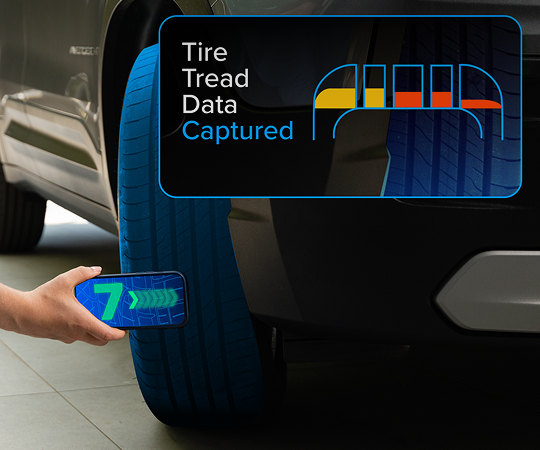
A Guide for Roadworthiness PMI for Commercial Goods and Public Service Vehicles
Every business needs to ensure their vehicles are safe for the road. That’s very important for commercial goods and public service vehicles. Every driver is responsible for meeting all requirements, which typically include obtaining an initial license to operate on the road and providing a daily walk-around inspection. Yet, there’s also the need to engage in preventative maintenance inspections, or PMIs, as well.

Critically Important Is Evidence of Completed PMIs
Whether for reducing liability risk or improving overall outcomes in vehicle safety and lifespan, it’s essential for organizations to have completed Preventive Maintenance Inspections (PMI). This evidence helps to ensure that there’s a trail that verifies the roadworthiness of any vehicle.
While a simple written record may be good enough, the key is to have documentation of the PMI completed on the vehicle. There are various reasons why this may be critical:
- It provides insight into when the vehicle needs repairs early on, preventing large-scale or more significant failures.
- It creates evidence that the vehicle was properly maintained if there is an accident, and that can help to protect the owner and company from liability claims.
- It also ensures the organization meets all federal and local regulations for vehicle inspections.
PMI is not an option but a requirement that requires a solid investment of time.
What Type of PMI Is Necessary?
PMI needs to occur on a routine basis, following all requirements set by the government. Routine monitored pre-planned written systems can also help to improve overall record keeping and verify tasks. PMIs take into consideration the following:
- The age and the type of vehicle
- The type of operation
- The environment in which it operates
- The load, equipment, and fittings
- The distance, speeds, and journey time
PMI should always be specific to the vehicle. In many situations, this will be specific to the vehicle. A vehicle that is older, for instance, requires more frequent PMI inspections because there is a higher risk of failure or breakdown. A vehicle that is driven more miles also needs more frequent maintenance to ensure it remains in good working condition.
As necessary as PMI is, many drivers and owners put it off or do not complete it. That may be due to expected costs, but ultimately, solid PMI records often help reduce the costs associated with breakdowns. There is also the issue of time. Many vehicle owners put off this type of work because they simply do not have the time to pull out the data, verify the VIN, gather the information, and record it. That’s time that they need to spend otherwise.
Minimizing this frustration could help ensure this type of work is done on a consistent basis. That could ultimately help reduce costs and improve results. This also applies to the lack of drivers in many sectors. Finding ways to reduce costs and improve overall operations can help drivers get more done when they are facing a time crunch or otherwise cannot work through the challenges they face. PMI should not be put off, but it often is due to a talent shortage because of the amount of time it takes to complete each step.
How Anyline Supports PMI Needs
At Anyline, we offer tools that can help streamline the entire process, making it easier for drivers to get on the road quickly and not be held back by tedious tasks. Using our mobile scanning solutions, the driver can quickly use a license plate scanner or VIN scanner and then identify the vehicle tire with DOT and TIN scanning. This is fast and updates the records instantly, getting drivers behind the wheel sooner.
Anyline offers a simplified solution that drivers and companies need to ensure PMI is done on time and on target. It speeds up the process and enables drivers and companies to document that the work was done correctly. This can help organizations save money, track efficiencies and declines in operations, and improve overall operations. It’s a simple solution to a very important problem.



